2.5: Study Space
- Page ID
- 133151
Study Space
Colleen Kaesehagen
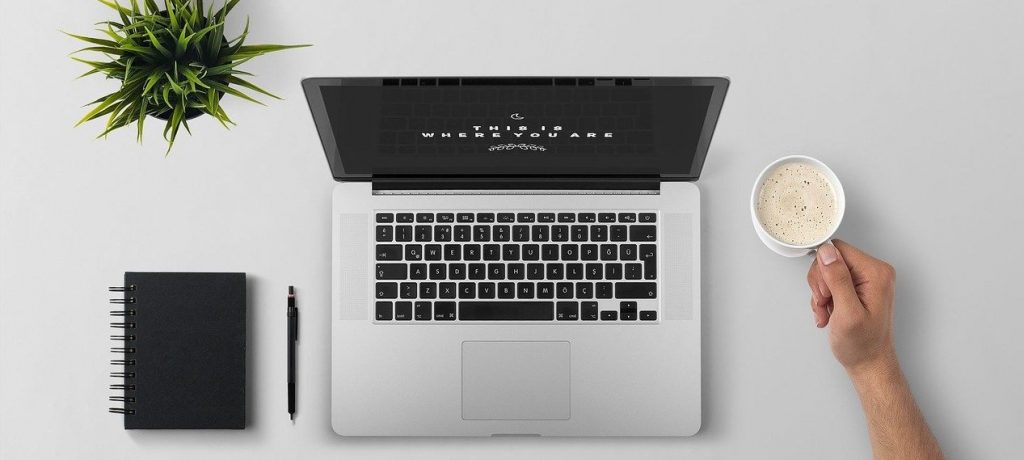
Introduction
The environment where you do your study can influence your ability to work well. This chapter will encourage you to think about how you can create a space to best encourage productive results when you work. It begins with explaining why your study space is important, how to choose a suitable space, and how to set it up. Electronic devices are also considered in your reorganisation. The chapter also explores how to minimise distractions, and how to identify alternative study locations. The section finishes by considering the optimal time of day for you to work in your study space. Altogether, this chapter can equip you with ideas and plans to get the best out of your study space, and ultimately help you on your journey to academic success.
Your study space matters
The space where you study plays a large part in ensuring you work effectively. Your environment can not only aid your efficiency but also impact whether you complete work at all. One example of this might be typing on a laptop. While it might seem more comfortable to lie back on a couch to type a long paper, sitting up at a table actually increases your typing speed and reduces the number of mistakes. Even deciding whether to use a mouse and mouse pad or not can impact how quickly you work.
There are other factors that can affect your productivity. For example, is there enough room? Is there a place to keep reference materials within arm’s reach while working? Is there anything you can do to make working easier or more efficient? For example, could you buy an inexpensive second monitor so you can have more than one document displayed at a time? Your workspace is another important resource you can use for academic success. The key is to discover what works for you, and that begins with finding yourself a suitable space for study.
Choosing a Space
A good study space has a few basic requirements. It needs a desk or table, a chair, access to power, an internet signal, and a good light source. Your space should be cool or warm enough for your comfort as you study.

If possible, find an area you can use exclusively for your study sessions and leave it set up all the time. Spaces with multiple purposes can have challenges. You may have to try out numerous spaces to find what works best for you.
Whatever your space limitations, make a place that you can dedicate to your reading, writing, notetaking, and reviewing. If you really don’t have any options at home for an exclusive study space, you could be to create a study box. A study box holds all the study supplies you need to access while working at a desk, such as a pen, note paper, a flash drive and a folder of notes. This box isn’t meant to hold every single item related to university , rather it holds only what you need to do your work right now. It means you can open the box quickly and be set up and ready to work within a few minutes. While a permanent study space is always a better option, a study box can be the next best thing to get you working fast in a shared space, instead of wasting time looking for a pen.
Setting Up Your Study Space
Now that you’ve chosen your space, it’s time to get it ready for use. You can begin to add stationery items to help you work, such as writing paper, notebooks, pens, pencils, markers, an eraser and highlighters. You will also need to add materials that are specific to the course you are studying, such as textbooks or a calculator. Remove excess clutter to make the most of the space you have. Having a neat and tidy desk can help you to feel in calm and in control when the work starts piling up.
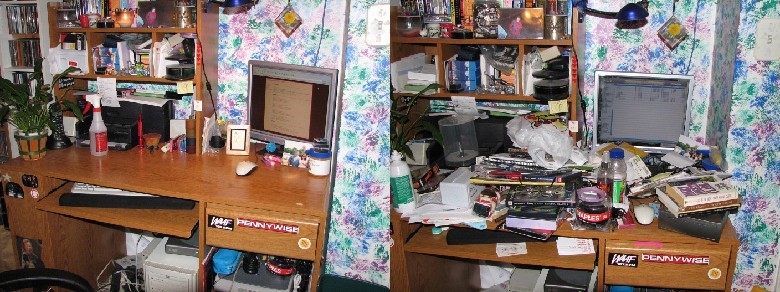
Setting up a dedicated spot to work may help trigger motivation to study. Setting the right atmosphere in your study space can generate a study-mood in your mind. But don’t wait for the study fairy to appear before you start working. Sit down at your desk, follow your study plan, start work, and she’ll show up.
Bonus Items
There are some bonus items you may consider adding. You could, for example, add a wall calendar, a card with an inspiring quote, or even a diffuser to add a pleasant aroma to the room. Here are some more ideas of what students like to add to their study space. Don’t add all of the items or your space may end up cluttered. Just pick some that you value most:
-
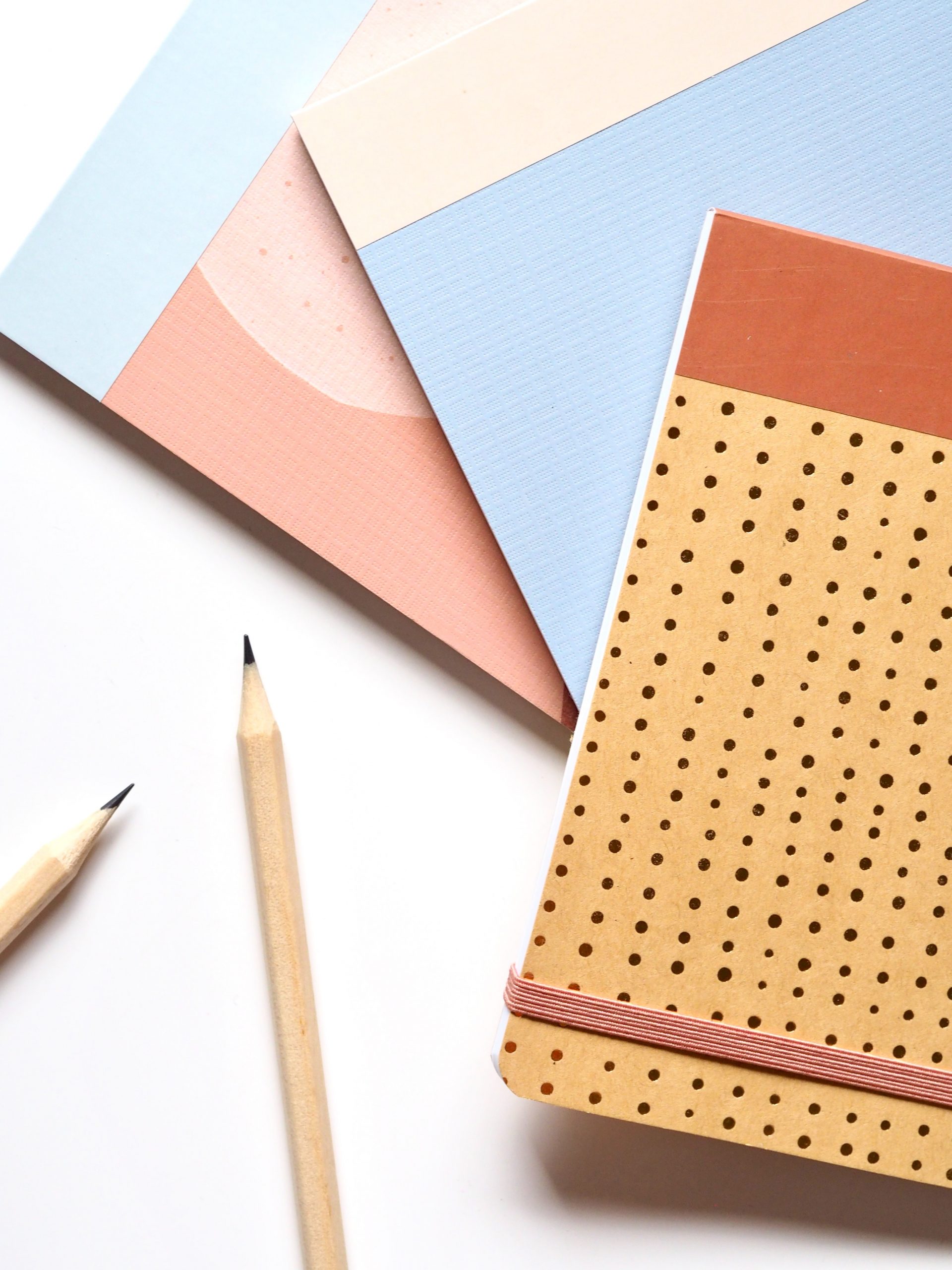
Figure 28. Considering adding bonus items to make your study space even more productive and enjoyable. (2019). Note. Image by Jess Bailey Designs used under CC0 licence. a notice board
- a whiteboard
- sticky notes
- a favourite pen and pen holder
- a decorative mouse pad
- a file holder for frequently used documents
- a spare pair of reading glasses
- a printer and paper
- a dictionary and thesaurus
- headphones
- a stress ball
- a desk lamp
- a book stand
- decorations (e.g., a photograph, a painting, a plant)
- a sit-stand adjustable desktop
- a clock
- kitchen timer
- rubbish bin
- filing cabinet or filing box
- bookshelf
There are many different ways you can make your study space work for you. You may enjoy searching the internet for ideas of how others have set up simple areas or more elaborate arrangements. Look at the images below of one table presented six different ways to prompt your thinking.
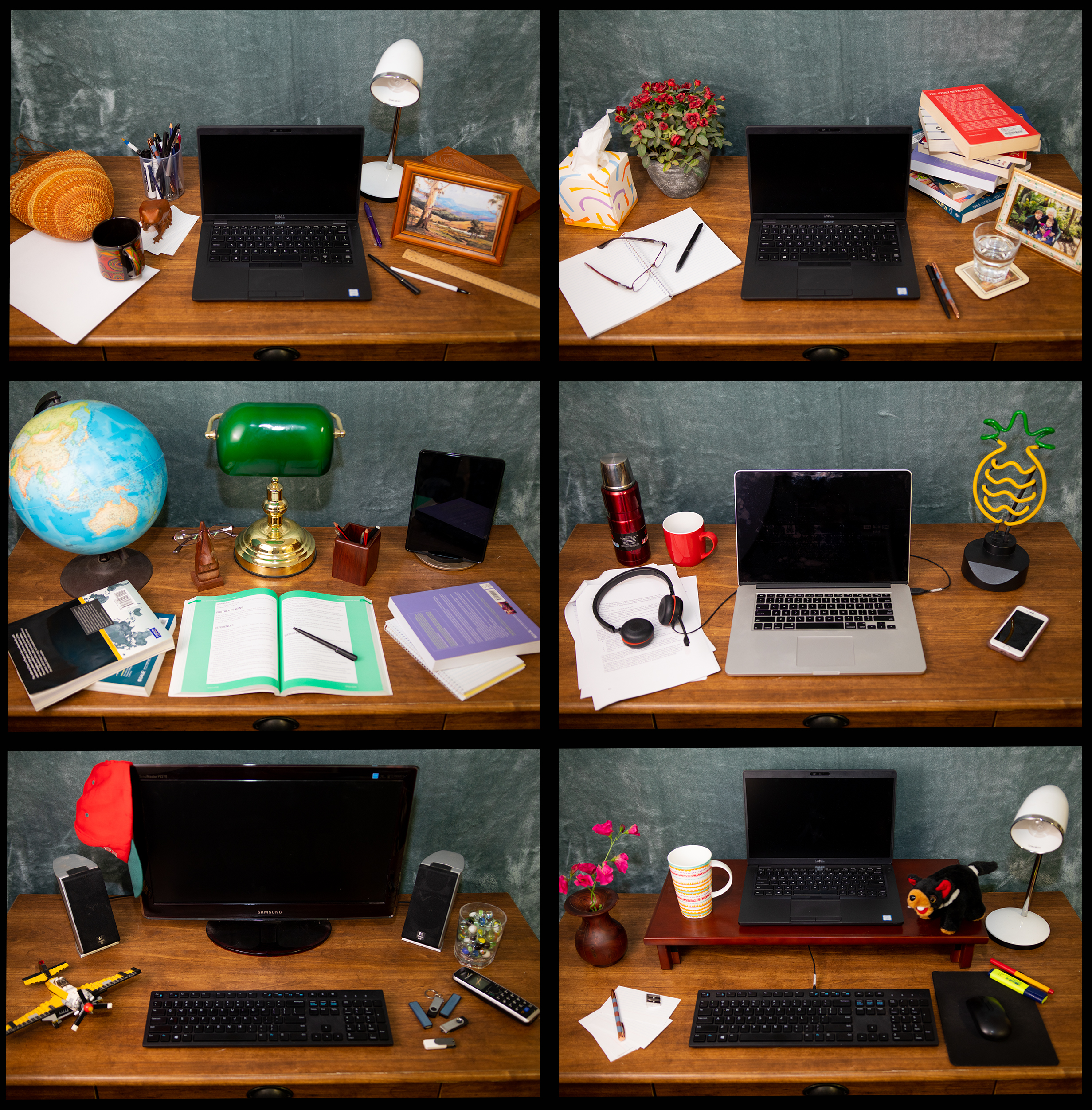
Organising Your Electronic Desktop
Spend some time organising your electronic space if you are using a computer for your studying. A cluttered electronic desktop can be just as distracting and time consuming as a cluttered wooden desktop. Take the time to, clear some digital space and set up new storage folders for your new subjects with a simple and easily accessible filing system.
Save your regularly accessed university sites as links in your browser. Place on your dock or task bar the applications you want to access quickly. Always plan how you intend to back-up your electronic work periodically so there are no last-minute disasters of lost assignments if your computer unexpectedly crashes.
Avoiding Distractions
When considering what to add into your study space it is also worth considering distractions. Remove anything that is in danger of distracting you from your study. By making it harder to access distractions, you decrease their power to tempt you. For example, what happens when it is easier to keep working through a tricky equation than it is to go down stairs to the kitchen, pull up a chair, stand on it, and reach up onto top of a cupboard to where you put your mobile, wait for it to turn on, and then text your friend? Suddenly “just” finishing off those sums seems less effort than “just” sending a text.
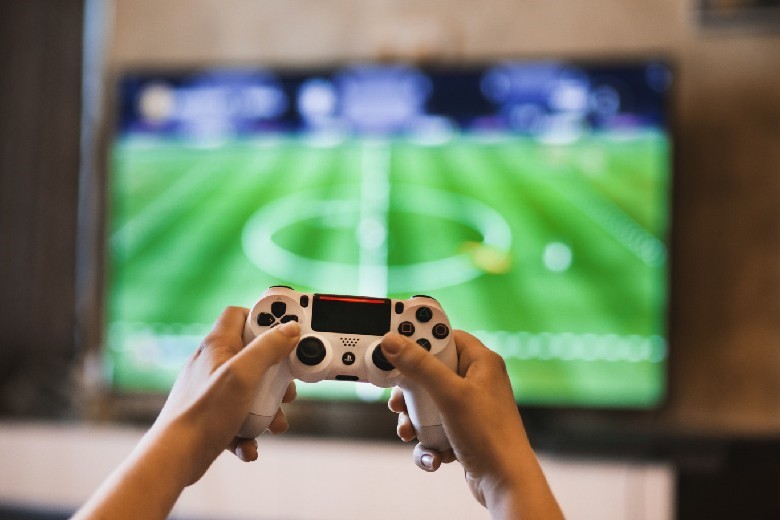
There will always be distractions. Video games, television, movies, surfing the internet, music, friends and even housecleaning can distract us from doing something else we need to do, like study for an exam. Mobile phones, tablets, and portable computers have brought distraction to an entirely new level. We have all become attached to the ability to check in on social media or with family and friends via text, chat, and calls. If you’re working on your computer, switch off those pop-up notifications that draw you away from your study task.
If you set a specific amount of time to study without interruptions, you can convince your mind that you will soon be able to return to your link to the outside world. Start small and set an alarm on a kitchen timer—a 30-minute period to review notes, then a brief break, then another 45-minute study session to quiz yourself on the material, and so on. By using a kitchen timer instead of your phone, you remove the temptation to access your phone.
When you prepare for your study session, remember to do these things:
- Put your phone in another room or at least some place where you will not see or hear it vibrate or ring. Just flipping it over is not enough.
- Turn off the television or music
- Turn off notifications on your computer
- Unless you are deliberately working with a study group, study somewhere alone or at least away from others enough to not hear them talking.
If you live with other people, see if you can negotiate some space alone to study. Ask others to leave one part of the house or an area in one room as a quiet zone during certain hours. Most people will respect your educational goals and be willing to accommodate you.
Many people say they work better with the television or the radio on, but the truth is that an environment with too many interruptions is rarely helpful when focus is required. If you find that your work is better without distractions, it is a good idea to create an environment that reduces interruptions. This may mean you have to go to a private room, use the university library, or use headphones, when you work. The importance of a distraction-free environment cannot be emphasised enough.
Alternative Study Spaces
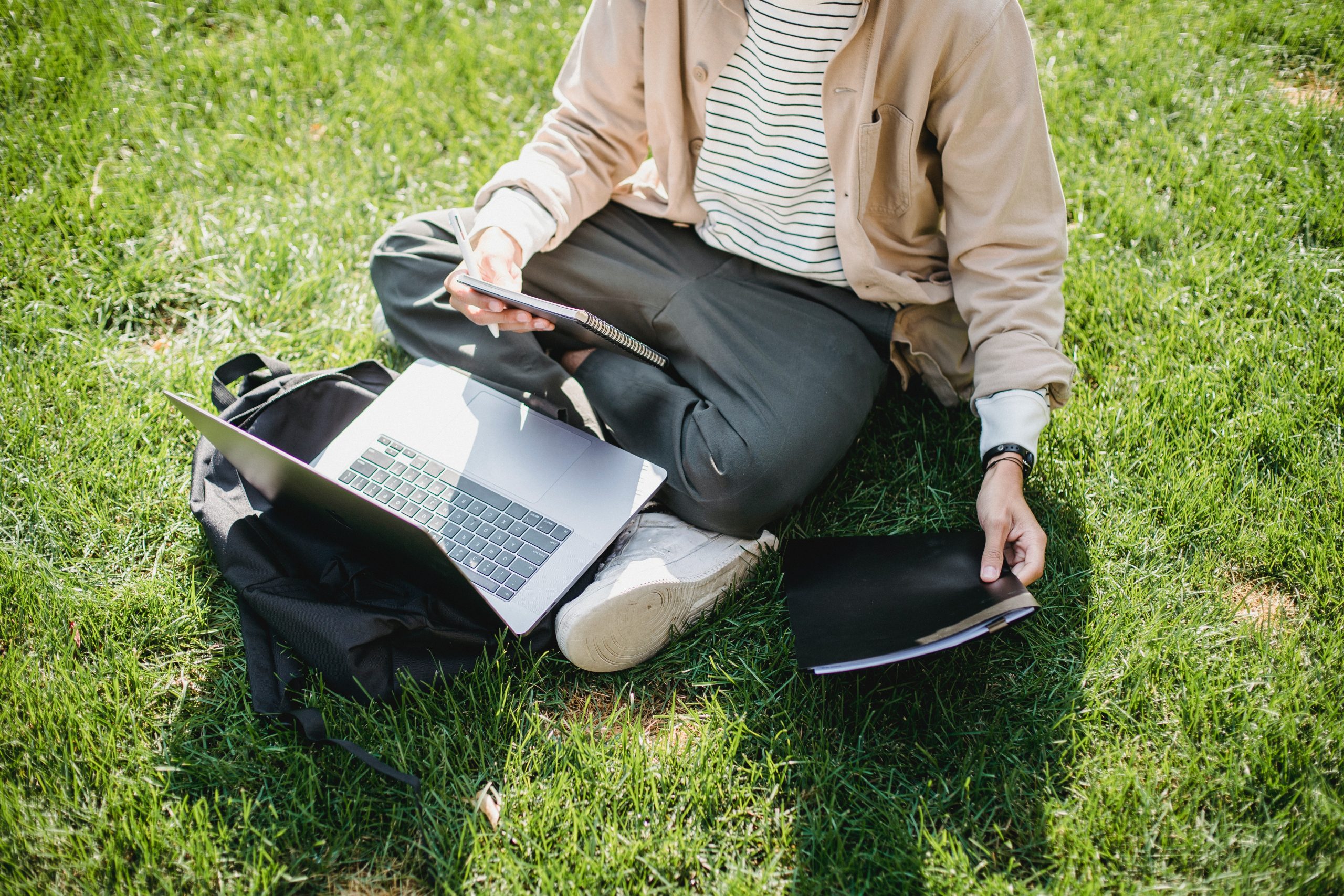
If you don’t have a dedicated study space at home, there are alternative spaces that can be used. These might include your university library, community libraries, a coffee shop or local parks. When you are experimenting with locations outside of your home for study, be attuned to what genuinely works. Be conscious of the tradeoffs when picking a secondary study space. If it takes you time to pack a bag of resources, travel to a place and order a coffee, then consider what is the ratio of productive output against time lost? Be honest in your assessment in order to make secondary study spaces work for you, not against you.
Life circumstances can also create blocks of potential study time in places you don’t normally associate with study, such as waiting beside a soccer field for your child to finish training or sitting in a dental surgery waiting room. Consider, what sort of tasks can you complete effectively in these alternative study spaces? If it is a regular event, can you have a prepacked bag or box ready with what you need? You could create a folder (physical or electronic) that stores your reading matter, ready to be accessed when you find yourself with unplanned time.
Studying at the Right Time
Most people are subject to their own rhythms, and preferences. Some people prefer to study in the mornings, while others prefer to work after everyone else has gone to sleep. Be aware of your preferences and to use them to your advantage. Your study environment includes your mental and physical wellbeing. Both influence on your learning and productivity. It is important to be aware of your work preferences and to actually try to create conditions that help you in these areas. One approach is to set aside a specific time to do certain kinds of work. You might find that you concentrate better after you have eaten a meal. If that is the case, make it a habit of doing homework every night after dinner. Some people find that they are more creative during a certain time of the day or that they are more comfortable writing with subtle lighting. It is worth taking the time to find the conditions that work best for you so that you can take advantage of them.
Conclusion
A well-considered study space has the power to impact your academic success. Set up your study space and stay mindful of what honestly works for you and what doesn’t. The decisions you make about where you work and when you work can really make a difference to your productivity. Spending a little time creating the best environment is time well spent.
Key points
- Where you study affects how well you study.
- Choose a space with a desk, chair, power, internet signal, light and a comfortable temperature.
- If possible, keep your space permanently set up just for your study.
- Consider using a study box if you can’t maintain a permanent space of your own.
- Add essential stationery items and study materials to your space.
- A well organised desk can motivate you to study.
- Adding bonus items can make your space more productive and enjoyable.
- Organise your electronic desktop as well as your physical desk.
- Remove distractions from your study space.
- Tell people that you are unavailable during a set study time.
- Find some alternative study spaces to supplement your home study space.
- Find the time of day when you concentrate best to work in your study space.


